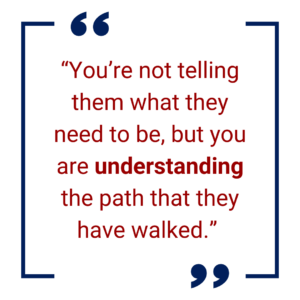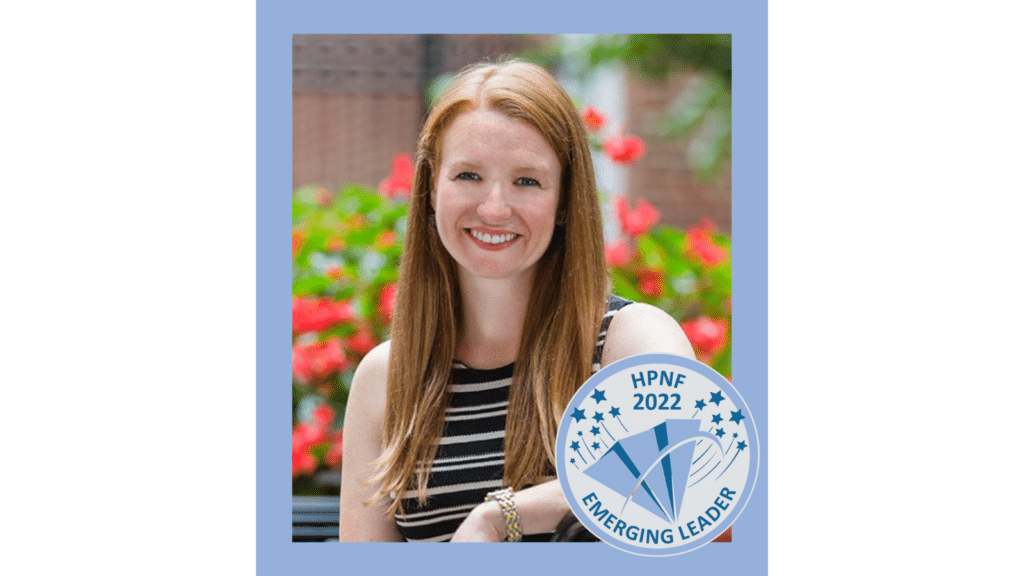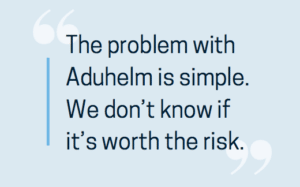by Varshini Chellapilla and Meghan McCarthy

Alzheimer’s disease and other related dementias (ADRD) can have major financial implications, and Jason Karlawish, MD, co-director of the Penn Memory Center (PMC), is teaming up to study them.
Money mismanagement can be an early indicator of ADRD. Common examples include missed billing payments, difficulty balancing checkbooks, and large financial decisions made on a whim. Currently, there is limited information on money management in patients with cognitive impairment
To study these early indicators, Dr. Karlawish will be collaborating with Lauren Hersch Nicholas, PhD, an associate professor in the Department of Health Systems and Management & Policy at the University of Colorado School of Public Health, on her project “Health and Financial Implications of Early-Stage Alzheimer’s Disease and Related Dementias.” The project received a four-year grant from National Institute on Aging (NIA). Currently, there is limited information on money management in patients with cognitive impairment.
“Jason was a natural person to get involved with for this project,” Dr. Nicholas said.





